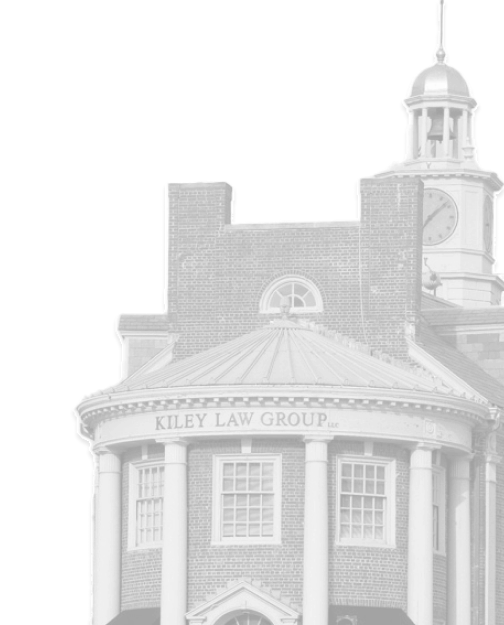Shopping is one way to acquire the things you need. These days, stores stock almost anything you might need. Arriving home after finding great deals is a wonderful feeling. However, a slip-and-fall accident can turn a pleasant consumer experience into a miserable one. Some victims are hurt so badly that they need emergency medical attention.
If that happened to you, it is only natural to want to know what comes next. At Kiley Law Group, we realize that the answer to this question depends on how well the injured parties know their rights. Once you understand your legal options, you too can make sound decisions that benefit yourself and your family.
Our experienced lawyers can help ensure you get the compensation you deserve. Call our 24-hour hotline at (888) 435-1321 to schedule your free consultation today. Our representatives will let you know if you have a case within 2 hours.
Store owners may draw customers in with signs promoting their products and sales. Perhaps you once only wondered if they held any responsibility to the public once you slipped and fell in a store. Now, you need to know who is liable for your injuries.
One reason victims hire personal injury attorneys is that determining liability is a complex task. Our lawyers often start out by establishing what made the premises unsafe for you.
Many buildings begin as an idea in someone's mind. Professional designers must interpret their clients' vision into a blueprint. Most importantly, they must ensure that the final product is safe.
Some design falls lead to trip and fall hazards, including:
Safety begins with the design. Planners like architects and engineers could lose their professional licenses when their creations fall short of safety standards. Our lawyers, though, can ensure the liable parties are held financially liable for slip-and-fall accidents caused by their poor-quality work.
Supervisors must arrange proper storage for materials and equipment during the construction process. Cords, boxes, and other tripping hazards should never be left unattended in high-traffic areas. Unfinished floors are another source of concern that managers would need to consider.
Some slip and fall hazards are not the fault of the design but rather how companies execute the construction. For example, if a stairway does not meet specific height and width measurements, uneven stairs could become hazardous for customers. In other cases, companies try to save money by using inferior materials.
If shoddy construction caused your slip-and-fall accident, our lawyers can pursue compensation on your behalf. However, Massachusetts allows legal action for a limited time from the building completion date or the day the defect was discovered. For this reason, it is essential to contact us without delay.
All buildings require regular maintenance. Responsible owners avoid accidents by taking preventative measures, including performing regular inspections of:
To keep a property in a reasonably safe state, building managers must fix problems as they arise. They might block off dangerous areas or post signs to warn others until repairs are made. Failure to make prompt repairs can be considered negligence.
Premises liability is the responsibility that the property owner or occupant holds for injuries that occur due to unsafe conditions.
Our dedicated team of lawyers has won over $1 billion for our clients. In premises liability cases, we establish liability by proving that the defendant:
Why were you on the property? The following roles carry differing rights:
Massachusetts laws make it possible for victims to pursue compensation for their losses.
To win compensation, our lawyers must provide evidence of the victim’s physical and psychological injuries, including pain and suffering. Our legal team will collect evidence, namely:
Next, our lawyers will demonstrate how the defendant’s negligence contributed to the victim’s injuries. We will focus on factors like:
Once we have built a strong case, we seek damages for losses. Have you experienced any of the following damages due to your slip-and-fall accident?
An effective slip and fall lawyer will capitalize on personal injury laws to maximize your compensation for:
What about losses that are not financial?
Without legal counsel, personal injury victims would likely miss out on collecting fair non-economic damages for their losses.
Non-economic damages include:
Our law firm can help you pursue monetary compensation for the economic and non-economic losses that changed your life after your accident.
Massachusetts premises liability laws ensure the potential to collect damages, but it is up to you to take action before it is too late. You must file a claim before deadlines prevent you from getting your just compensation.
A slip-and-fall accident can make it seem like you have lost authority over your future. Yet, our competent team of attorneys can help you take back control.
We have a long record of success, but we know it requires more than hard work and determination. Our attorneys have the training and resources to achieve remarkable outcomes for our clients, and we charge no fees until we win.
At the same time, we want you to be confident in our abilities before hiring us. Let Kiley Law Group show you what we can do to protect your legal rights. Call us at (888) 435-1321 with your questions and concerns.
Our phone lines are always open, so don't hesitate to contact us anytime. We look forward to hearing from you soon.

